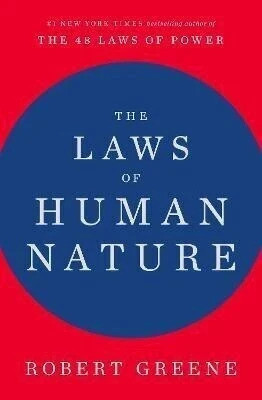
Elements of Latin Pronunciation; For the Use of Students in Language, Law, Medicine, Zoology, Botany, and the Sciences Generally in Which Latin Words Are Used (English, Paperback, Haldeman Samuel Stehman)
Price: Not Available
Currently Unavailable
Highlights
- Language: English
- Binding: Paperback
- Publisher: General Books
- ISBN: 9780217947190, 0217947190
- Edition: 2009
- Pages: 24
Description
Purchase of this book includes free trial access to www.million-books.com where you can read more than a million books for free. This is an OCR edition with typos. Excerpt from book: PRELIMINARY REMARKS. HIC ENIM USUS EST LITERARUM, UT CUSTODIANT VOCES ET VELUT DEPOSITUM REDDANT LEGENTIBUS: ITAQUE ID EXPRI- MERE DEBENT, QUOD DICTURI SUMUS.âQUINCT. INST. OR. I. VII. The use of letters is to preserve vocal sounds, and, as it were, return the deposit to the reader: therefore they should express what we have to say. In making some inquiries into the phonetic peculiarities of the aboriginal languages of North America, I found myself at a loss, from the want of"an alphabet in which to record my results, those of Europe being more or less corrupt; and finding the statements respecting the Latin alphabet to a certain extent contradictory and unsatisfactory, I resolved to investigate it, with the intention of using it strictly according to its Latin signification, as far as this could be ascertained. This special inquiry being made, a view of the results is here presented. Pronunciation is the basis of philology, and without a knowledge of it, in examining the various writings likely to be used for philological purposes, little progress can be made in this science. It is of little use to show a person unacquainted with Arabic and Greek characters, that kimistry is derived from Lf and not from xvo, T t inform a pupil that the South English word plow, is derived from a North English word, written [plough] with six characters, if he does not know what words these characters are intended to represent. If the learner has better success in Latin words, it may arise from an acquaintance with many of the characters, as p, F, B, D, I, T, if they happen to be used in writing his vernacular; but hemay be deceived if he fancies that similar characters must indicate similar words, as in the case of the Latin words Mare, Miles, and the English ones mare, miles. The...
Read More
Specifications
Book Details
| Imprint |
|
| Publication Year |
|
Dimensions
| Width |
|
| Height |
|
| Length |
|
| Weight |
|
Be the first to ask about this product
Safe and Secure Payments.Easy returns.100% Authentic products.
Back to top






